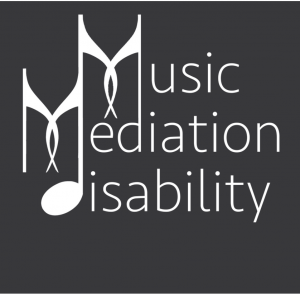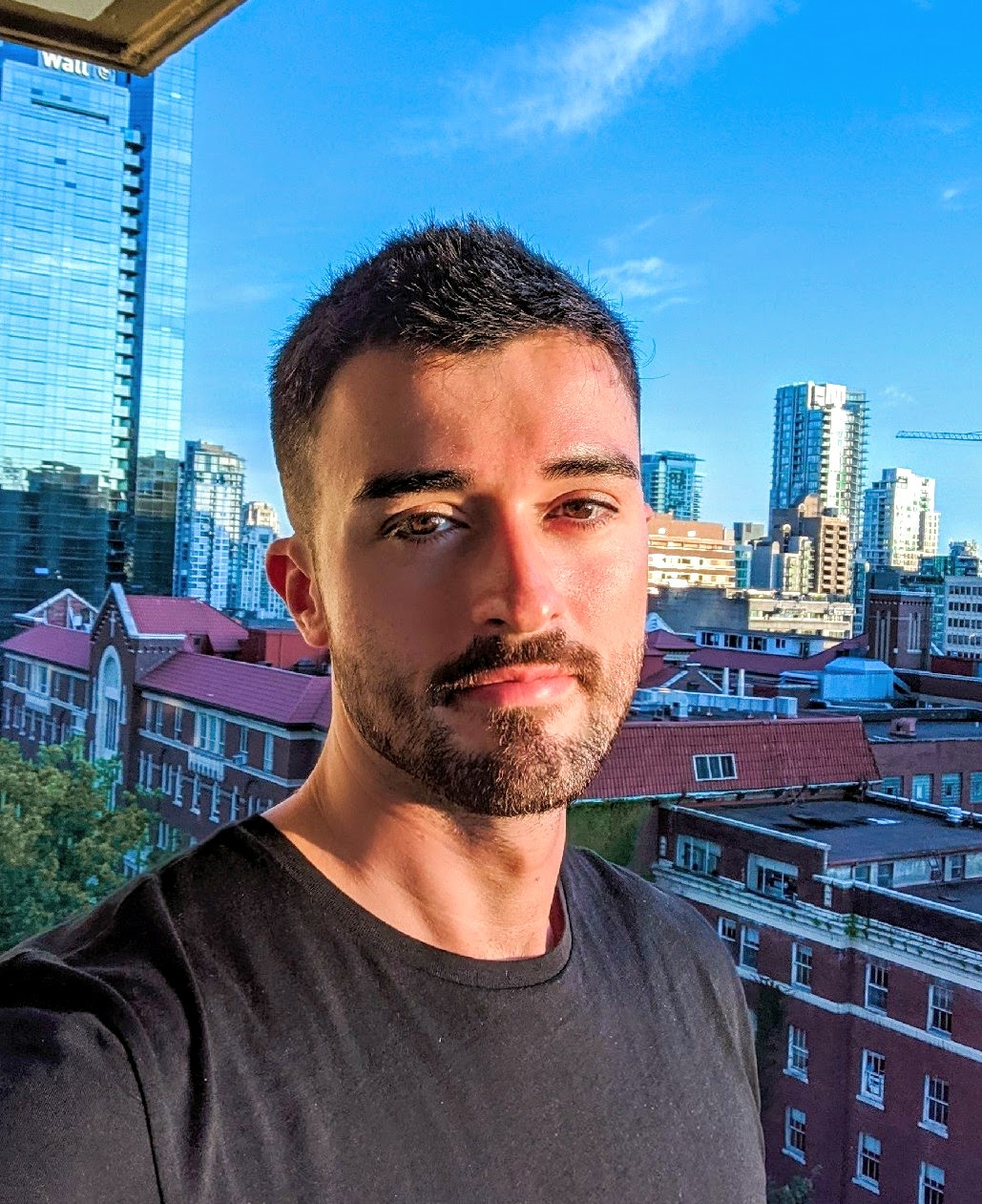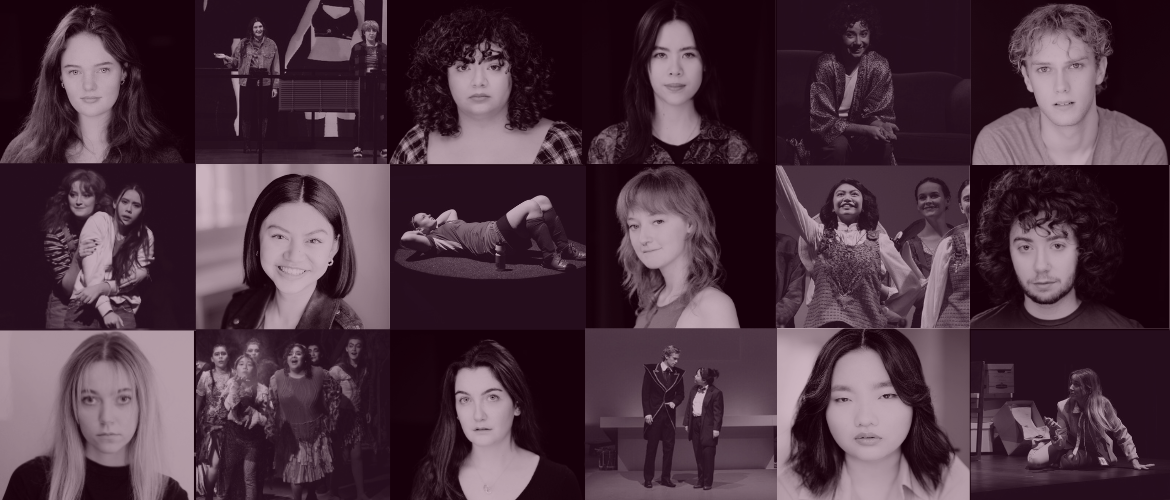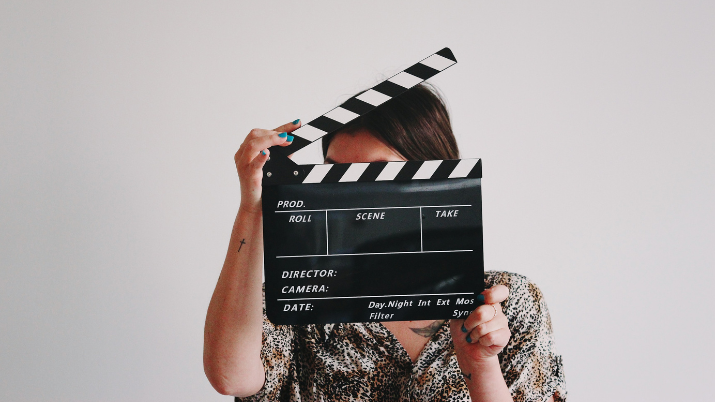

The words “Music” “Mediation” and “disability” are arranged vertically in white letters against a black background. The “M” in “Music” and “Mediation” and the “d” in “disability” are vertically connected to look like eighth notes in music notation.
Postdoctoral Fellows, Natalia Esling and Stefan Honisch, are on the Organizing Committee of the Music, Mediation, and Disability: Representation and Access Conference joining colleagues James Deaville (Carleton University), Samantha Jones (Harvard University), Chantal Lemire (University of Western Ontario), Ailsa Lipscombe (University of Chicago).
Hosted and sponsored by the Carleton University Faculty of Arts and Social Sciences and the School for Studies in Art & Culture, the symposium is a joint initiative of the AMS Music and Disability Study Group, the SMT Interest Group on Music and Disability, and the SEM Disability and Deaf Studies Special Interest Group.
The COVID-19 pandemic has reminded us of the centrality of mediation—the representation and communication of images and sounds via technology—at the intersections of music and disability (Kielian-Gilbert 2016, 375). Whether at work behind new technologies of access in a time of crisis or portraying people with disabilities on screen, mediation plays a critical role in the social construction of disability (Pullen et al. 2019, 467). New and established technologies of mediation possess the potential to enable the “empowerment of excluded and silenced bodies” (Garrisi & Johanssen 2020, 18). At the same time, however, they can also reflect, and even reproduce, systemic inequalities and ingrained prejudices, both historically and in the present global crisis.
The opportunities and challenges of mediating disability clearly play out in the musical realm, where the boundaries between representation and misrepresentation, and between accessible and inaccessible musicking, are in constant negotiation. As Neil Lerner has argued, a musical score can both support and—on another level—resist screen-media narratives of disability (Lerner 2017, 856-90). The current pandemic-driven mediation of music on digitized platforms draws increased attention to access, as demarcations between public and private musical experience are navigated and/or redrawn. How might the mediation of music assist in “offering a forceful alternative to pervasive ableist imaginaries” (Galan 2020)?
This renewed focus on mediating modes of musical experience resonates with ongoing scholarly conversations about liveness in performance (Auslander 1999; Reason and Mølle Lindelof 2016), space and sonic environments (Home-Cook 2015), and qualities of aurality (Kendrick 2017), especially in relation to audiences with diverse perceptual capacities and dis/abilities. It thus raises questions about how mediation shapes musical performance creation and reception (Bennett 2019), about the effects of live and digitized sonic practices on embodiment, and about the role of new technologies in shaping our social spheres in relation to the interconnected perceptual experiences of hearing and touch, and by extension, practices of listening.
With these concerns in mind, we invite a range of proposals for the symposium Music, Mediation, and Disability: Representation and Access. The symposium will feature keynote presentations from Joy Elan and Xuan Thuy Nguyen. Joy Elan is an award winning author and spoken word artist, who uses her writing to advocate for civil rights for Blacks/people of color, women, and people with disabilities. Xuan Thuy Nguyen is an Assistant Professor in the Institute of Interdisciplinary Studies and the Pauline Jewett Institute of Women and Gender Studies at Carleton University in Canada, with research that focuses on the interdisciplinary areas of critical disability studies, human rights, inclusive education and critical childhood studies. The organizing committee is committed to ensuring accessibility and inclusivity in our symposium programming. We warmly welcome submissions in multiple formats and from all persons who are engaged in topics related to music, media, and disability. This symposium will take place online, 21–22 November 2020. Selected contributions will be considered for inclusion in an edited volume.
CALL FOR PROPOSALS
“Music, Mediation, and Disability: Representation and Access.”
Submission Guidelines
Submissions are welcome for a variety of presentation formats including but not limited to oral and/or multimedia presentations, performance/practice-as-research and research creation, panel discussions, workshops, etc. Please submit proposals by completing this form by 31 August 2020. For more information, please visit our website.
Important Dates
Proposal Submissions Due: 31 August 2020
Notification to Submitters: 15 September 2020
Materials due to organizing committee: 13 November 2020
Conference: 21–22 November 2020
Statement of Access
In line with the aims of the conference themes, the organizing committee is committed to fostering access via the online format of the conference. Presenters will be provided with a set of guidelines for presentation methods and best practices. Access needs will be surveyed as part of the conference registration procedure, and we invite conference participants to contact the organizing committee about access needs of which we should be aware.
Statement of Solidarity
We stand in solidarity with members of our communities who are black, Indigenous, and people of colour, including trans, queer, and disabled BIPOC. We stand in solidarity against racism and with those seeking racial justice. Racism is deeply rooted in both Canada and the United States, and across the globe. We recognize our responsibility to acknowledge and to continue educating ourselves about systemic racism and oppression within our society and its institutions.
We also acknowledge that an online conference is not a place-less, disembodied exchange. We are all in place and our diverse lived, embodied experiences shape who we are and that is significant. The internet, too, has a material impact on land and resources across the globe. With this awareness, we acknowledge our privilege of being on and materially benefitting from settler-colonization of the Indigenous lands of Turtle Island, and our responsibility to be actively anti-colonial.
More information about Stefan Honisch:
UBC Profile: https://bit.ly/30gmQZq
HCommons: https://bit.ly/2Cd6c53
LinkedIn: https://bit.ly/3eEzhDx
More information about Natalia Esling:
UBC Profile: https://bit.ly/2OCB4yp
Instagram: https://bit.ly/2ZD5wyuFacebook: https://bit.ly/398K7k2




